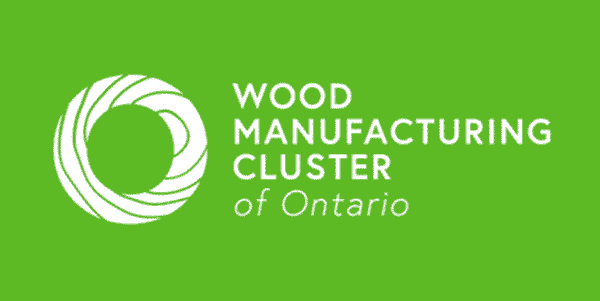By Rorry Harding and Larry Coté, Lean Advisors
Research by the Labour Market Group of Renfrew Lanark has identified trends shared among many businesses nationwide. They have pinpointed challenges such as:
- Costs
- Labour
- Consumer demand
- Finance
- Supply Chain
Specific issues noted within the labour challenge include difficulty hiring, the need to post jobs multiple times due to a lack of applicants, skilled labour availability, and losing employees to competitors. Thus, companies grapple with hiring and retention issues alongside continual cost concerns.
Commonly suggested strategies for addressing labour shortages include:
- Enhanced compensation and benefits to retain current staff and attract new employees
- Recruiting from untapped sources like individuals with disabilities, retirees, individuals re-entering the workforce, and international workers
- Implementing automation, integrated technologies, digital transition
- Outsourcing tasks
- Cross-training, developing multiple skills amongst employees
- Adopting Lean practices
Labour shortages often impact the production capacity of both manufacturing and service sectors. Articles indicate that there are no immediate solutions to these shortages, a sentiment we concur with; labour issues can’t be resolved instantly. However, an actionable and relatively speedy method exists for mitigating these challenges.
It is critical to acknowledge that most companies experience over 75% waste in their operational processes, which affects administrative areas and manufacturing floors alike. Identifying and eliminating this waste is crucial. By removing even 30-40% of process waste, a significant reduction in labour requirement follows.
Lean methodologies aim to do just this; they scrutinize your operations, pinpoint waste, and create an efficient plan for its removal, thereby increasing capacity, enhancing quality, and reducing costs. This creates a competitive edge.
Full Lean transformations take time but can provide rapid investment returns, showing results typically within a month.
By focusing on making the most out of existing resources and reducing process waste, businesses can utilize time better for productive activities. Result – opened capacity.
A lean transformation encourages employee engagement, leading to a workforce excited about the company’s direction and playing a vital part in its future. Pride in collaboration emerges as employees gain a deep understanding of work processes and see the value of their roles. It also opens opportunities for ongoing learning and cross-training flexibility as demands or staff levels change.
Reducing wasteful practices and maximizing current company resources should be a priority. It immediately elevates business efficiency, reduces costs, enhances quality, and expedites client services, all while alleviating the stress of sourcing additional labour.
Interested parties are invited to discuss further by reaching out via rharding@leanadvisors.com.








Comments are closed.